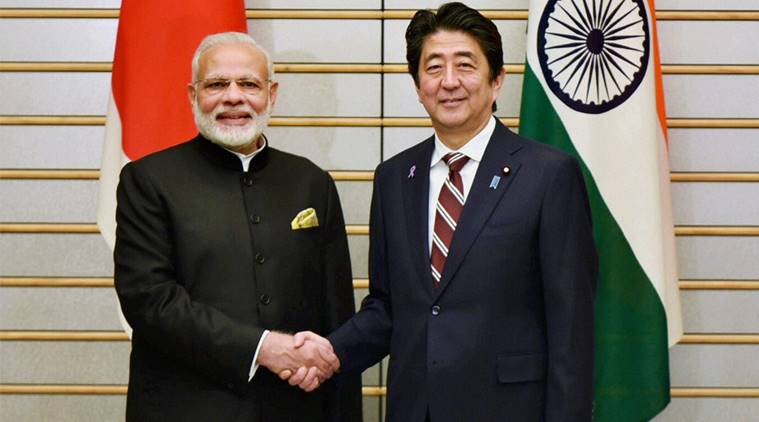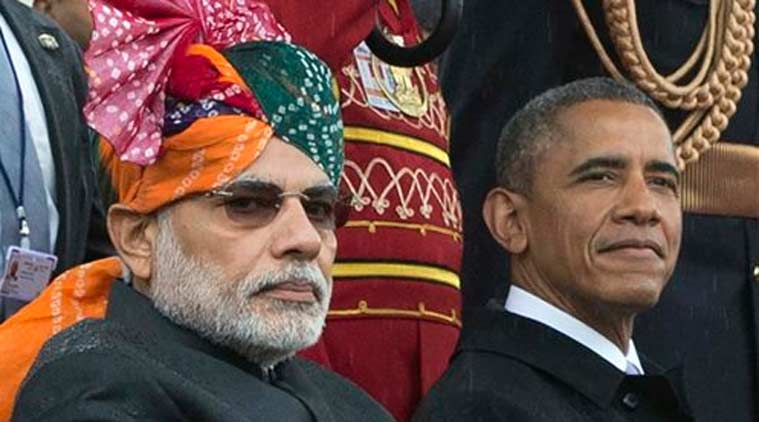The oldest democracy of modern times (the first republic was in the time of Buddha) has the historic burden to see through a total spread of democracy as it works its own way to a more perfect union. I hope for peaceful methods and ways, but violence was a part of
World War II, the
Cold War, and now is a part of the (for lack of a better phrase) War On Terror. When you do the math, China glares you in the face. Should the
War on Terror - and the only way it can conclude is after a total spread of democracy has been achieved across the
Muslim world - conclude, what is next? China?
When the tussle between capitalism and communism first began, capitalism/democracy first responded by creating an elaborate welfare state. Was that communism's victory? I don't know. But that sure made the case of democracy much stronger. Similarly China makes a clear case for campaign finance reform in political systems like America, even as it fights the losing battle of keeping the lid on political reform.
But if democracy is to be spread across the Muslim/Arab world and democracy is to be spread across China,
India finds itself at the center of the universe. India has a huge Muslim population. Not only that, India needs to prove democracy works for
Muslims and is right by the Muslims. India also is one of the countries (like Japan, the Phillippines, Vietnam, and others, you could argue Taiwan) with which China likes to pick small fights on border issues. That is little to do with unsettled borders and much to do with the tussle between fundamentally different political systems that can not co-exist forever. In a democracy, the system is designed such that the people get to blame the politicians in power and kick them out. But autocracies are designed in ways that the system necessarily needs to create and sustain external enemies to rally the people behind, kind of like a safety valve. And so China needs to keep picking small fights with Japan and India, and it needs to keep threatening Taiwan. It is the nature of the beast. Curiously the same China seems to have no border problems with Russia, another land starving for democracy.
India has to have one uniform civil code for all its citizens, Hindus, Muslims and everyone else. The
Sharia law has no place in a democracy. The separation between church/temple/mosque and the state is fundamental to how a modern democracy works. On the other hand, there is a need for some soul searching as to why Muslims in India lag on all socio-economic indicators. The Indian democracy does not seem to be working for
Indian Muslims. That Hindus in Pakistan and Bangladesh have it rougher is no excuse.
An America-India-Japan-Australia alliance, not to contain or counter China, but to keep the Indian and Pacific oceans open for commerce and rules based order is a welcome step. China's saber rattling has been unnerving too many across too many countries over the years.
The oldest and the largest democracies are but natural partners. India is the new Britain. Two dudes who look like MLK and Gandhi rule the two largest democracies on the planet. We must be living in a post-colonial world.










































